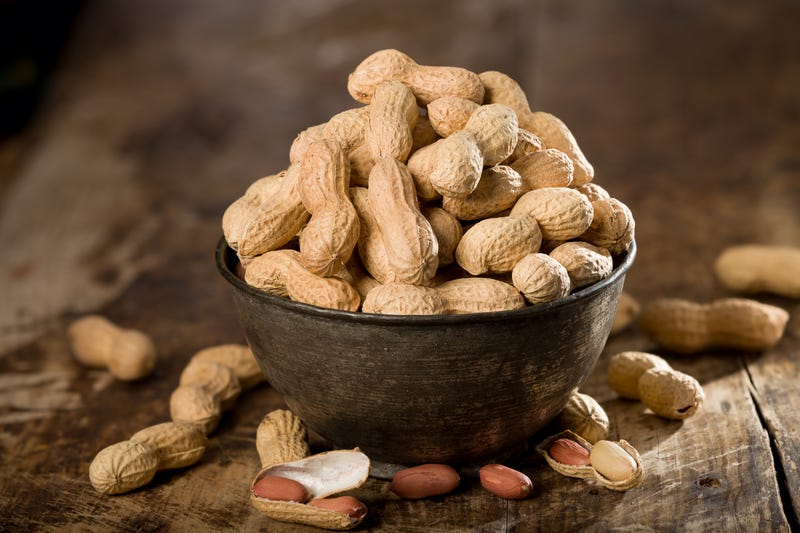
Scientists believe they are on the verge of understanding peanut allergies, and soon those who have had to withhold themselves from one of the most iconic sandwiches ever could get a chance to taste it.
Researchers have identified a fat molecule called butyrate, usually produced by gut bacteria, that, when consumed, has prevented mice with severe peanut allergies from experiencing life-threatening immune reactions.
The findings were presented at a meeting of the American Chemical Society. They suggest that the practice could stop the anaphylaxis reaction in people with food allergies. It is also believed it could prevent them from developing at all.
Anaphylaxis is the typical reaction most people experience with food allergies. It can include nausea, impaired breathing or trouble swallowing, and abdominal pain.
Researchers have known for the past decade or so that butyrate can reduce allergic reactions in mice and that those with food allergies seem to have less butyrate-producing bacteria than non-allergic people do.
This has led scientists to believe that boosting the levels of the fat molecule could help those with allergies; the only downside is how it smells.
Butyrate is said to smell like rancid butter or dog feces which makes it very unpleasant to ingest. It is also challenging to get to the stomach because when taken orally, it breaks down before it hits the lower gut.
However, out of the University of Chicago, Shijie Cao and his colleagues are working on developing a new way to eliminate the foul smell of the fat molecule while also making sure it travels to where it can be beneficial in the lower gut.
The researchers have packaged the butyrate in spherical capsules called micelles that are 30 nanometers wide and can deliver the butyrate to where it needs to go.
Cao and his research team shared that testing the micelles on mice not only proved to reduce anaphylaxis but also boosted the butyrate that their guts produced, as found in their stool.
This has left researchers believing that the micelles could not only stop food allergies but also change the gut microbiome to produce more of the fat molecule itself.
The next step for researchers is to find a way to make it accessible for humans who suffer from different allergies.
“The approach should work on any food allergen,” Cao told the journal. “We imagine the micelles could come in a packet, and you just add it to a glass of water.”


